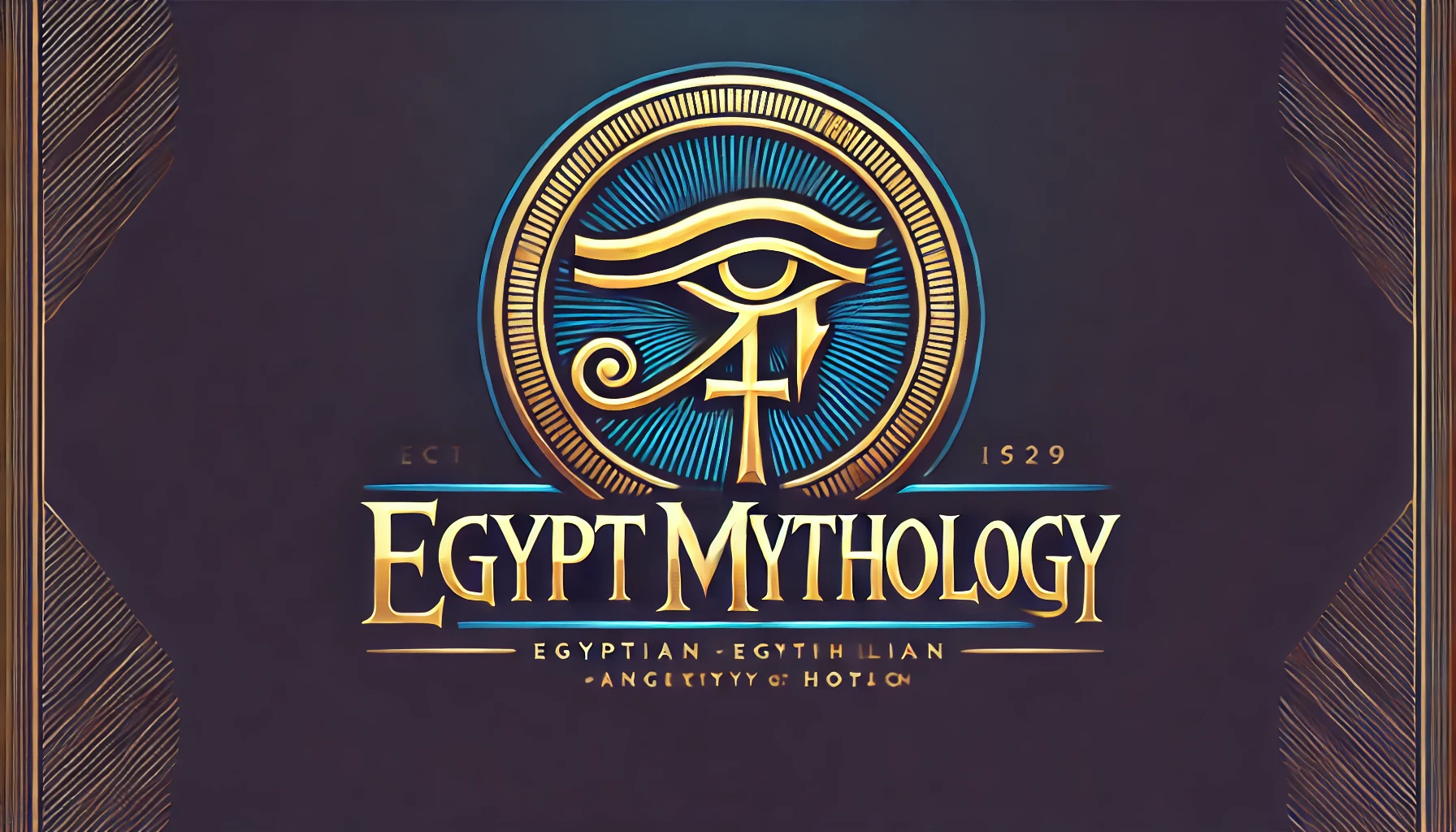The Rituals of Ancient Egypt: A Historical and Cultural Analysis
1. Introduction: The Importance of Ritual in Ancient Egyptian Life
Ancient Egypt was a society deeply intertwined with rituals, believing them to be essential for maintaining order, ensuring prosperity, and connecting with the divine. These ceremonies weren’t just religious observances; they were woven into the fabric of daily life. Everything from waking up in the morning to celebrating a harvest or preparing for death involved rituals designed to appease the gods and maintain cosmic harmony. For the Egyptians, rituals were a way to express their beliefs, honor their deities, and secure their place in the afterlife.
2. The Role of the Gods and Goddesses
The Egyptian pantheon was vast and complex, with numerous deities representing various aspects of nature, human emotions, and cosmic forces. Each god and goddess had a specific role and influence, shaping the rituals dedicated to them. For instance, Ra, the sun god, was associated with creation and life-giving energy. His daily journey across the sky was mirrored in rituals performed by priests to ensure the sun’s continued journey and the continuation of life on Earth. Other prominent deities like Osiris, god of the underworld, and Isis, goddess of motherhood, also played significant roles in Egyptian mythology and rituals. The rituals performed honored these deities, appealing to their power and seeking their favor.
3. Daily Rituals: Maintaining Order and Harmony
Even the simplest actions in ancient Egypt were imbued with ritual significance. Every morning began with a ritual cleansing, often involving a symbolic washing of the hands and face. This act was not merely hygienic but also a way to purify oneself and prepare for the day’s activities. Similarly, food preparation involved specific rituals, with prayers recited and offerings made to ensure the gods’ blessings on the meal. These daily rituals, though seemingly mundane, were crucial in maintaining order and harmony in the physical and spiritual realms. They reinforced the belief that the gods were constantly present in their lives, demanding respect and adherence to traditional practices.
4. Agricultural Rituals: Ensuring Prosperity and Abundance
Agriculture was the lifeblood of ancient Egypt, and its success depended on the annual flooding of the Nile River. This crucial event was celebrated with elaborate rituals designed to appease the gods and ensure a bountiful harvest. The flooding of the Nile was attributed to the god Hapy, who was often depicted as a man with a pot overflowing with water. Farmers would offer sacrifices, prayers, and songs to Hapy, seeking his favor and a successful agricultural season. These rituals also underscored the interconnectedness of nature and the divine, reminding people that their well-being was dependent on the gods’ blessing.
5. Funerary Rituals: The Journey to the Afterlife
The ancient Egyptians placed great importance on the afterlife. They believed that the soul, or “ka,” would continue to exist after death, and elaborate rituals were conducted to ensure a smooth transition to the afterlife. This process began with mummification, a complex procedure designed to preserve the body for eternity. After mummification, the deceased was buried in a carefully constructed tomb, filled with offerings and inscribed with spells intended to aid the soul in its journey to the afterlife. These funerary rituals, with their emphasis on preservation and protection, revealed the Egyptians’ deep-seated belief in the continuity of life beyond the physical realm.
6. Temple Rituals: Connecting with the Divine
Temples were the focal points of Egyptian religious life, serving as places of worship, sacrifice, and communication with the gods. The architecture of temples, with their towering pylons, vast courtyards, and intricate sanctuaries, reflected the grandeur of the divine. Priests, specially trained individuals, were responsible for performing rituals within the temples. These rituals involved offerings, prayers, and symbolic actions designed to appease the gods and access their power. The process of purification, often involving water and incense, was a key element in these rituals, designed to cleanse both the priests and the space of impurities. Through these rituals, the Egyptians sought to establish a connection with the divine, seeking guidance, protection, and blessings in their lives.
7. Festivals and Celebrations: Honoring the Gods and Reinforcing Identity
Beyond daily rituals, ancient Egypt was marked by numerous festivals and celebrations that honored the gods and strengthened social bonds. These events, like the Sed Festival, a royal jubilee, the Feast of Opet, which celebrated the fertility of the Nile, and the Festival of the Dead, which commemorated the deceased, provided opportunities for the entire community to come together and reaffirm their shared beliefs and traditions. They were occasions for feasting, music, dance, and elaborate ceremonies, reinforcing the Egyptians’ sense of identity and their connection to the divine.
8. Magic and Ritual: The Power of Words and Symbols
Magic was an integral part of ancient Egyptian life, intertwined with their rituals and beliefs. They believed that words and symbols held power, capable of influencing the natural world and the gods themselves. Spells, incantations, and amulets were used to ward off evil, invoke divine favor, and achieve specific goals. These practices were based on the idea that the spoken word and symbolic imagery had the ability to tap into the forces of the universe, bringing about desired outcomes. As in many ancient civilizations, the ancient Egyptians believed that the power of magic resided in the ability to understand and harness these unseen forces.





